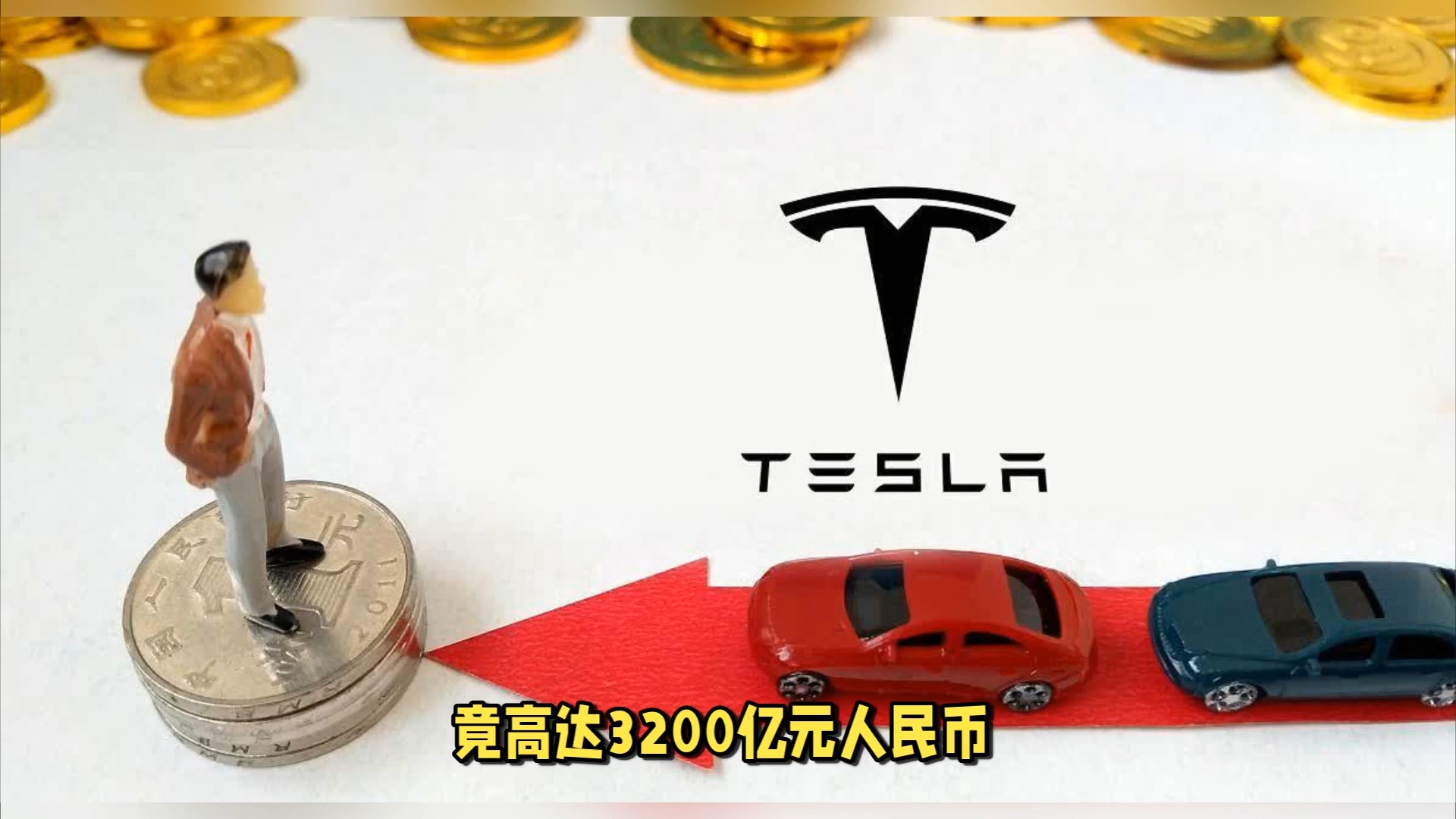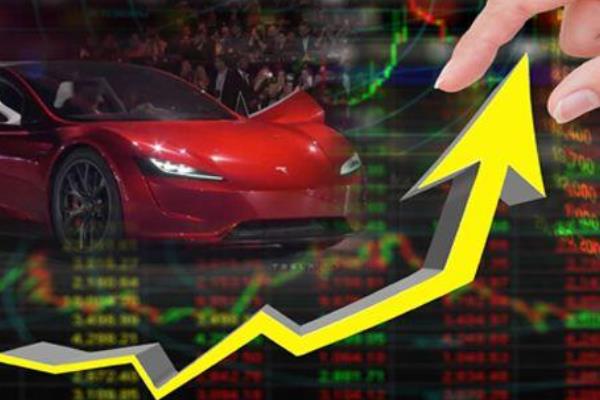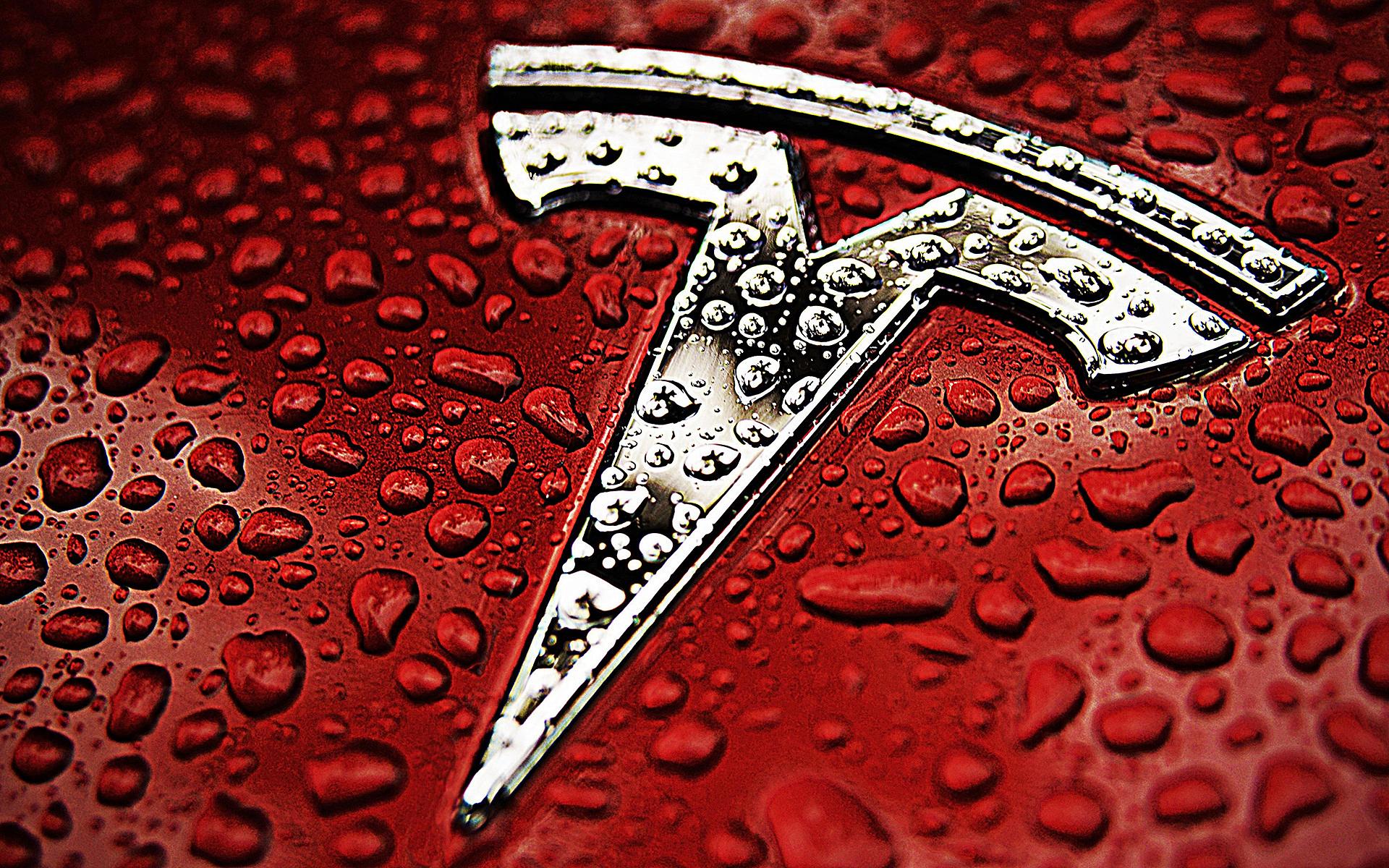As Tesla's stock price plummeted from a high of $479 like a kite with a broken string, Wall Street analysts raised their umbrellas of "bearish" forecasts. Yet, a unique group of investors moved against the tide-Musk's "digital disciples," who stood their ground in the market storm with a near-religious fervour. The scene involves Hemingway's old fishermen battling the sea, but this modern version unfolds in the electronic ocean of Nasdag, where the fishing nets are replaced by stock accounts, and the big fish is Tesla's stock code.

In the jungle of financial markets, Tesla's retail investors form a distinct "faith tribe." They don't pore over dull financial reports or listen to Wall Street's endless chatter.
Their investment bible has only one source's X account. Like medieval pilgrims following in the footsteps of saints, these modem investors fixate on every tweet from Musk, deciphering them as divine investment revelations. Data from JPMorgan shows that this group of "digital disciples" has net purchased $8 billion worth of Tesia shares over 13 consecutive trading days, setting a record. This collective behaviour has transcended traditional investment logic, evolving into a cultural phenomenon- "Musk-comics." Over the past decade, Tesla's stock has created countless "keyboard warriors turned millionaires." These success stories spread like wildfire across social media, forming a powerful collective memory. Like spectators gathering around big winners at a casino, Tesla's wealth-creation legends continue to draw new followers into this "digital pilgrimage."
Tesla is currently caught in a perfect storm: weakening demand, intensifying competition, political controversies, and brand boycotts. Behind the halving of its stock price lies the brutal reality of declining European sales, vandalized charging stations, and analysts collectively lowering expectations. Paradoxically, these negative signals have only strengthened the cohesion of the retail investor community.
They see Tesla stock as the "Noah's Ark" in a collapsing financial system, and Musk as the captain who can lead them through the flood. This collective mindset was fully displayed at Musk's recent internal employee meeting. Facing a plummeting stock price, Musk reassured his followers with the metaphor that "the storm will pass" while unveiling a new vision of producing 5,000 Optimus humanoid robots annually. For his followers, this was akin to a prophet lighting a torch in the darkness-illuminating grand narratives of robot taxis, brain-machine interfaces, and interstellar colonization, which matter far more than current vehicle sales.

The Tesa phenomenon exposes a widening "cognitive gap" between institutional investors and retail investors. Wall Street trusts balance sheets, While retail investors measure heat through social media and believe in disruptive innovation. While analysts debate Tesla's automotive gross margins, retail investors discuss whether Optimus robots will reshape the labour market. This cognitive divide has created a rare spectacle in financial history: on one side, institutional professionals are reducing holdings and downgrading ratings, while on the other, a retail army continues to pour in. To some extent, Tesla's stock price has become a thermometer measuring the balance of power between "elite finance" and "grassroots finance."
History shows that faith-based investments are both a breeding ground for enormous profits and a nest of risk. Bitcoin, GameStop, and AMC have all demonstrated that when investment behaviour transcends financial logic and enters the realm of faith, traditional valuation models lose relevance. Tesla's uniqueness lies in its combination of a tangible industrial foundation (a globally leading electric vehicle company) and an illusory narrative space (Mars colonization, artificial intelligence), making it an ideal vessel for belief-driven investment. However, risks are accumulating. When faith collides with reality, group psychology can reverse in an instant just as the wild volatility of the cryptocurrency market has shown.

The steadfastness of Tesla's retail army ultimately boils down to a vote of confidence in Musk's storytelling prowess. While traditional investors ask, "What is Tesla worth?" faith-based investors ask, "What is Musk's vision worth?" The outcome of this experiment remains uncertain, but it has already profoundly reshaped the financial market ecosystem.

